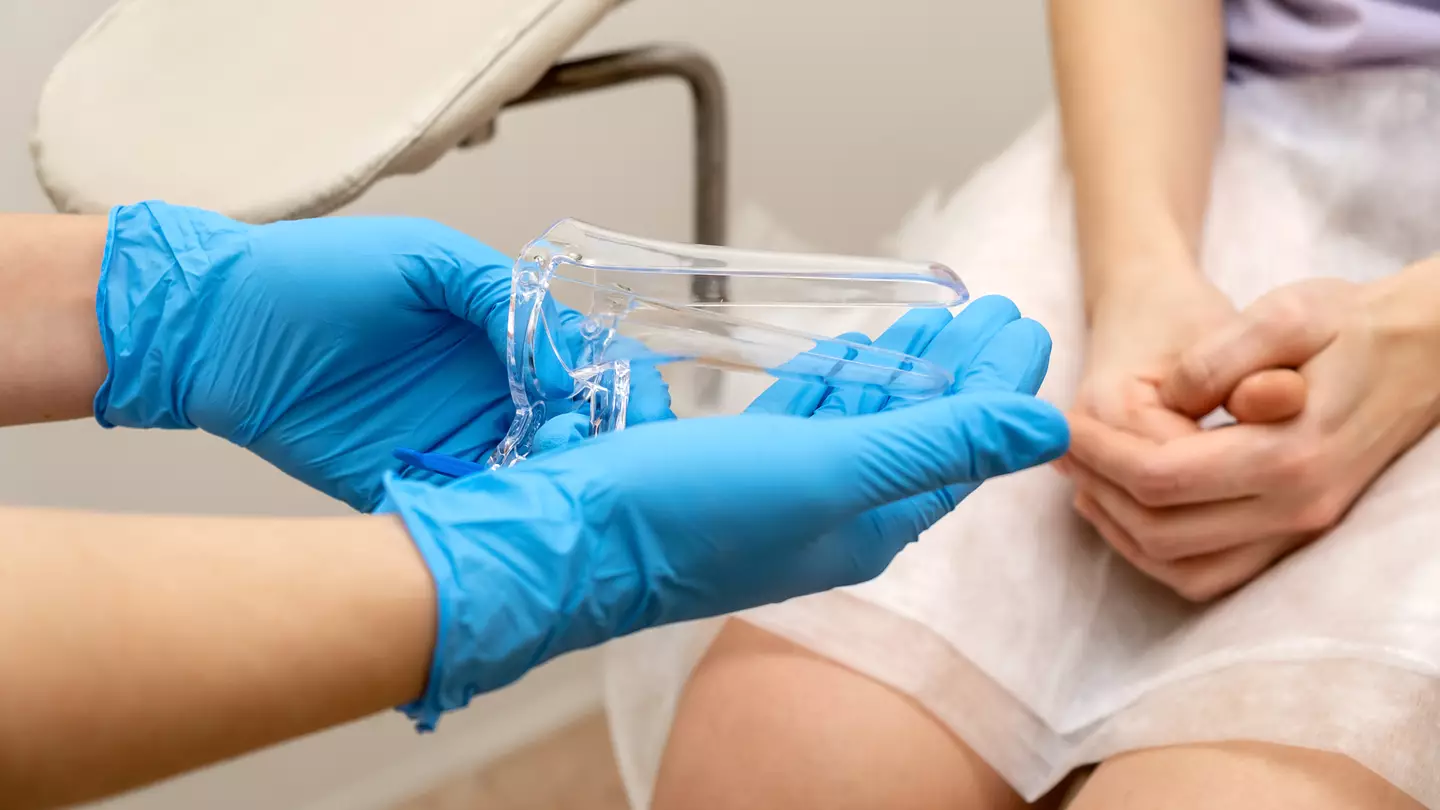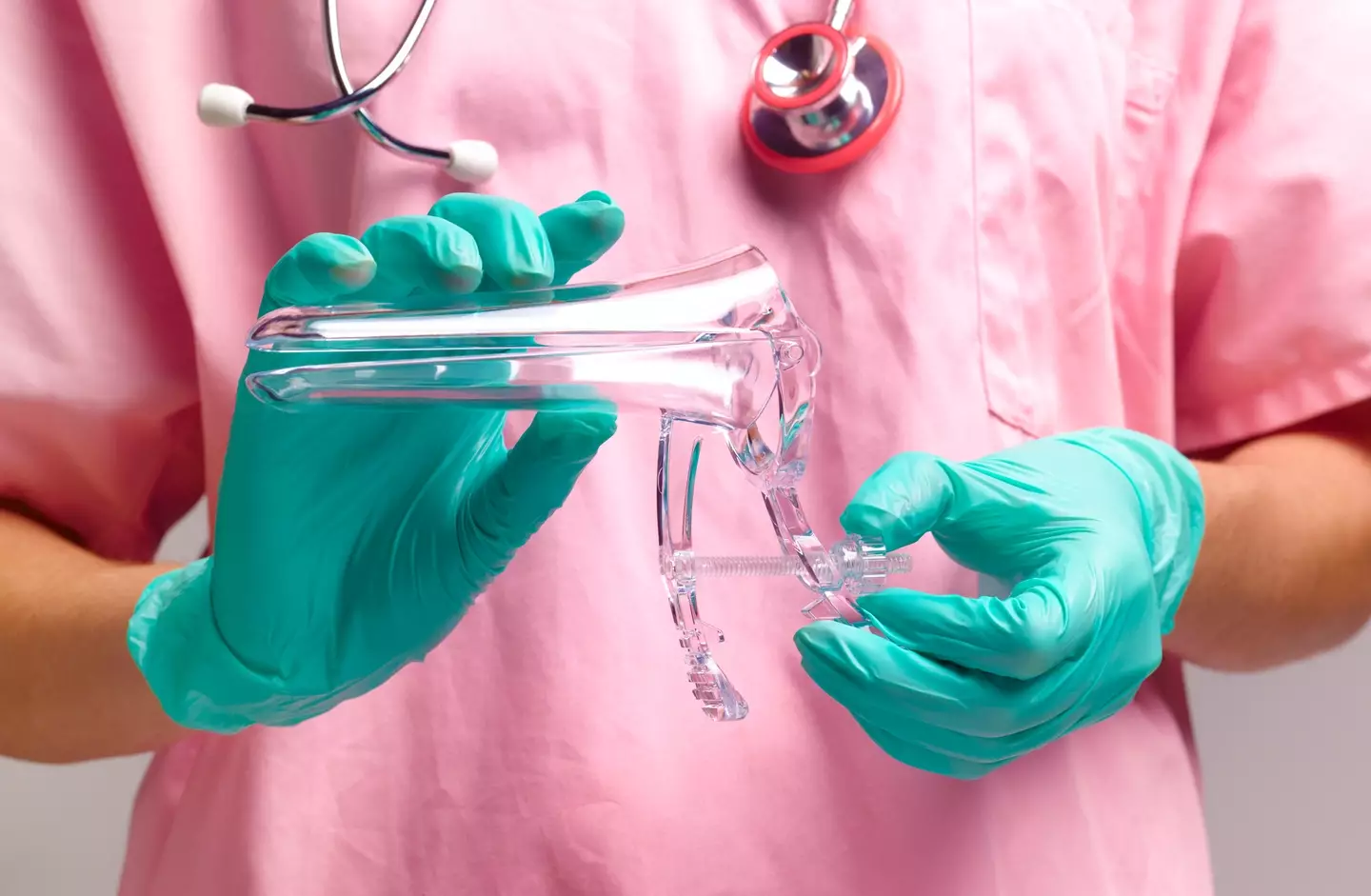
Earlier this week (10 June), the NHS announced a huge change to cervical screening invitations in England in line with major clinical evidence.
In case you have no idea what the procedure is, cervical screening is a test that helps prevent cervical cancer by testing for a virus called high-risk human papillomavirus (HPV).
If you do have HPV, it also tests for any cervical cell changes (also referred to as abnormal cells).
Screening is offered to all women and people with a cervix aged 25 to 64, and it helps protect them against cervical cancer.
Advert
The way the process used to work was you'd be called for your first screening just before your 25th birthday and then previously, you would go back every three years for check ups if nothing abnormal was found. Once you reach 50-64, you would then be invited every five years.

However, the new rules mean that the invitations for cervical screening will be sent out every five years for those below the age of 50, instead of every three, if you have a negative test.
But why is this change happening in the first place?
Well, according to an NHS press release, analysis of a pilot of this approach in England, led by King’s College London researchers and published in the BMJ in 2022, showed that 'five-yearly screening is as safe as three-yearly, that the same number of cancers are found, and less frequent cervical screening tests are needed'.
Dr Sue Mann, NHS National Clinical Director for Women’s Health, said: "Taking a more personalised approach to cervical screening will help ensure everyone eligible can make the most of these life-saving services, while sparing women appointments that they don’t need."
The move to five-year intervals brings England into line with Scotland and Wales, who have introduced this change following the UK National Screening Committee’s (UKNSC’s) recommendation.

"We welcome this change to cervical screening in England, which is the result of years of vital research to make screening more effective and has shown it is safe to extend the time between tests," Michelle Mitchell, Chief Executive of Cancer Research UK, said.
"Screening, alongside the roll out of the HPV vaccine, which Cancer Research UK scientists helped develop, have seen cervical cancer rates drop by around a quarter since the early 1990s, and we look forward to even more progress.
"Beating cervical cancer means beating it for all, and we’re committed to a future where almost no one develops this disease. If you notice any unusual changes for you, do not wait for a screening invitation – speak to your doctor."
And Louise Ansari, Chief Executive of Healthwatch England, added: "We welcome this change, which confirms that most women will not need to attend screening so frequently.
"Healthwatch research last year showed many women can find it an uncomfortable experience, and sometimes difficult to schedule in around their busy lives. Reducing the number of times they need to attend, alongside sensitive and empathetic approaches by health professionals, will make these important appointments easier to manage."
Topics: Health, Women's Health, UK News, News, Science, Explained, Life, Advice, NHS, Cancer